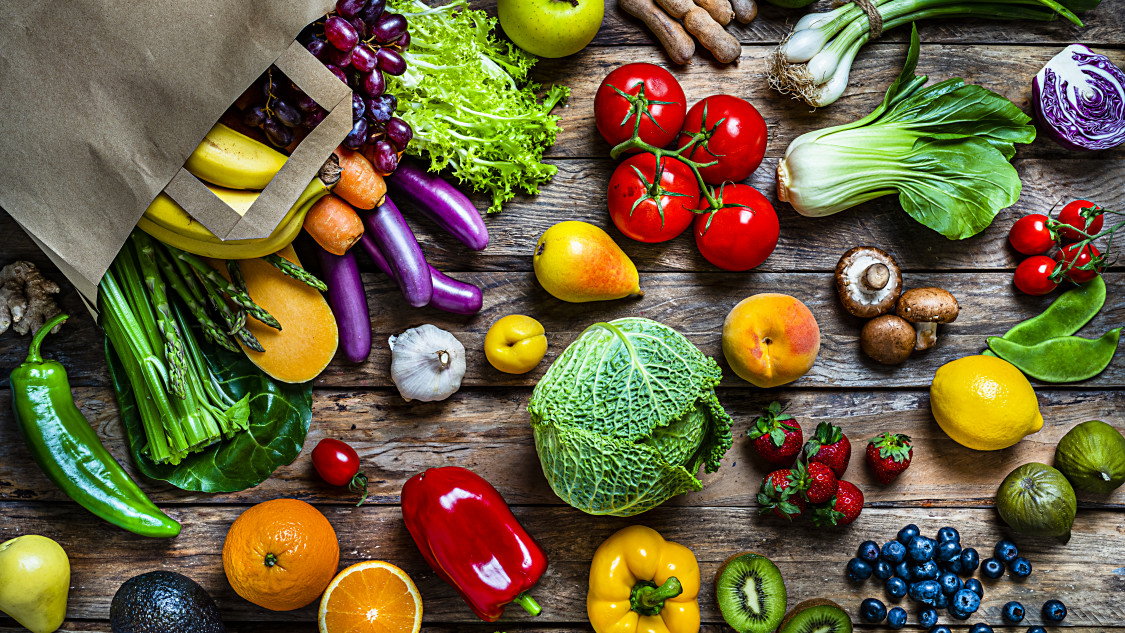
As the world shifts towards more sustainable and resilient food systems, local initiatives are gaining momentum. In Hungary, local food-buying clubs (BCs) are emerging as grassroots solutions to connect consumers directly with local food producers. Buying clubs not only promote sustainability but also offer a blueprint for alternative food networks (AFNs) that prioritize ethics, environmental responsibility, and community-driven development. We explore the transformative potential of buying clubs and how they might lead Hungary towards a more sustainable future.
What Are Local Food-Buying Clubs?
Food-buying clubs are voluntary organizations where consumers purchase food directly from local producers. By cutting out intermediaries, BCs offer fresh, local, and often organic produce to their members. In Hungary, BCs, also known as consumer purchase groups or basket communities, have grown in number since the early 2000s. Their primary aim is to support local farmers, promote sustainable food consumption, and foster stronger community ties.
Hungary’s local food-buying clubs offer an alternative to the dominant industrialized food system, providing a space for ethical consumption and direct producer-consumer relationships. While similar to farmers’ markets, BCs operate more flexibly, often with online orders and pick-up points, making local food more accessible to urban dwellers.
The Growth of Hungarian Local Food-Buying Clubs
The first Hungarian BC, the Szatyor Association, was founded in 2005 and acted as a pioneer, connecting urban consumers with nearby organic producers. Since then, other clubs have formed, particularly during times of crisis, such as the 2008 financial downturn and the COVID-19 pandemic. These events highlighted the need for local food systems that could provide security and resilience in uncertain times.
Our study highlights the pandemic’s role in accelerating the growth of BCs. As demand for local food surged during lockdowns, existing BCs rapidly adapted, expanding their services to meet the needs of their communities. The introduction of convenient technologies, such as user-friendly websites and home delivery options, helped buying clubs meet the growing demand, making local food even more accessible.
Why Local Food-Buying Clubs Matter
BCs are not just about providing food—they are about creating a sustainable alternative to the conventional, industrialized food system. In Hungary, where there is a historical reluctance among farmers to cooperate due to past experiences with forced collectivization, buying clubs have become essential mediators. By facilitating direct consumer-producer relationships, BCs are helping to rebuild trust within the local food economy.
One of the key benefits of BCs is their ethical focus. Members of buying clubs are often motivated by a desire to support local farmers and promote sustainable food systems. While prices in BCs are typically higher than in conventional markets, consumers are willing to pay more because they believe in the ethical value of buying local, environmentally-friendly products. This solidarity with local producers helps to revitalize rural economies and promote fair pricing, which benefits both farmers and consumers.
The Challenges: Volunteerism and Sustainability
Despite their potential, BCs face significant challenges. Many of them rely heavily on volunteer labor, which can be difficult to sustain over time. Without proper compensation for organizers, burnout is common. Our study points out that for BCs to thrive in the long term, they need to become economically self-sufficient, ensuring that organizers are compensated for their efforts. Otherwise, the risk of BCs collapsing under the weight of volunteer demands is high.
Another challenge is scaling up. While BCs are effective at connecting local producers with a relatively small group of consumers, their long-term transformative potential depends on their ability to expand without losing their core values. Scaling up could allow BCs to reach a wider audience and have a more significant impact on Hungary’s food system, but it must be done in a way that maintains the integrity of the movement.
Networking and Technology: The Future of BCs
Our research also highlights the importance of networking between BCs. While each buying club operates independently, the creation of a shared platform, kosarkozosseg.hu, allows communities to collaborate, share knowledge, and expand their reach. Digital infrastructure is crucial for scaling up local food systems and making them more efficient. A web-based e-commerce store was developed, and jointly maintained by the communities not only to process orders and manage deliveries but it also includes a participatory quality assurance system that helps consumers make informed choices about their food.
The rise of a meta-organization suggests that Hungarian BCs are moving toward a more integrated system that could facilitate larger-scale change. By working together and pooling resources, buying clubs can increase their collective impact and foster greater sustainability.
Conclusion: A Model for Sustainable Food Systems?
Hungarian local food-buying clubs offer a glimpse into how grassroots initiatives can contribute to the global push for sustainable food systems. By connecting consumers with local producers, these clubs provide an alternative to the industrialized food system, promoting ethical consumption and community-driven development. However, our results point out, the long-term success of BCs depends on their ability to overcome challenges related to volunteerism, scalability, and economic sustainability.
As the world grapples with the need for more resilient food systems, Hungarian local food-buying clubs could serve as a model for other countries looking to transition toward sustainability. By fostering community, supporting local economies, and promoting ethical consumption, these clubs represent a transformative force in the ongoing fight for a more just and sustainable world.
Benedek, Zsófia. “On the transformative potential of Hungarian local food-buying clubs.” Frontiers in Sustainable Food Systems 7 (2023): 1124877. https://doi.org/10.3389/fsufs.2023.1124877


